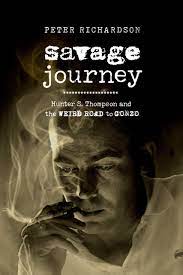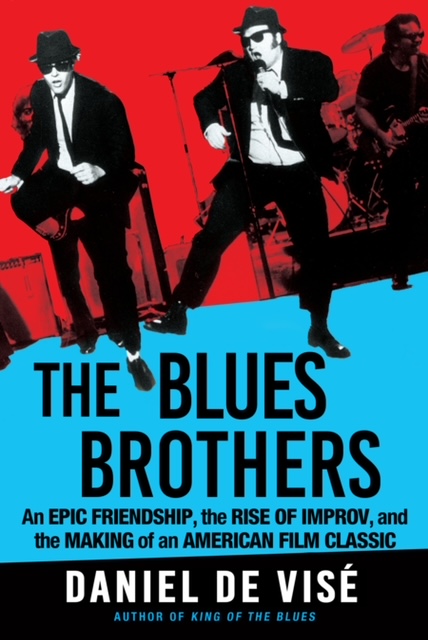Savage Journey

In his new book, author Peter Richardson argues that Hunter S. Thompson was “the most distinctive American voice in the second half of the twentieth century.”
That’s a tough sell. Thompson wrote three classic books and enough superlative magazine pieces to establish Rolling Stone as a top-shelf publication. But he flamed out before 40, hobbled by drugs and drink and decadence. “Less than a decade after his arrival on the national stage,” Richardson concedes, Thompson “found it difficult to produce a sustained piece of writing without heroic (and largely unacknowledged) assistance from his colleagues.”
Thompson’s real legacy is his persona: bucket hat, aviator sunglasses, cigarette holder, Hawaiian shirt, dilated pupils. Just as Thompson blurred journalism and fiction, the writer himself is hard to distinguish from his alter ego, Raoul Duke, the partly fictionalized, grossly exaggerated acid pirate whom Thompson posits as his surrogate in his most famous work, Fear and Loathing in Las Vegas, published in 1971. Garry Trudeau named a Doonesbury character Uncle Duke; the New Journalism movement yielded no more memorable character.
Read the full review at the Washington Independent Review of Books.

